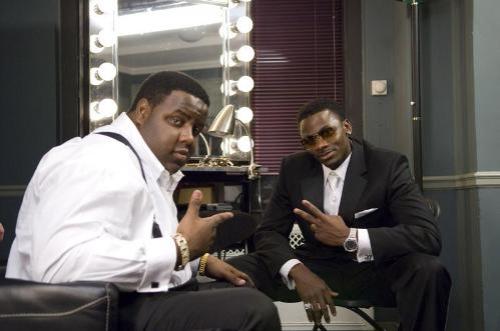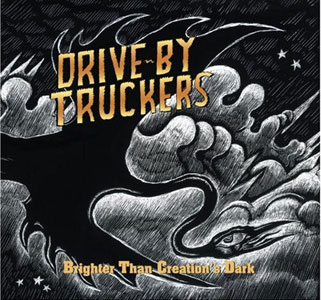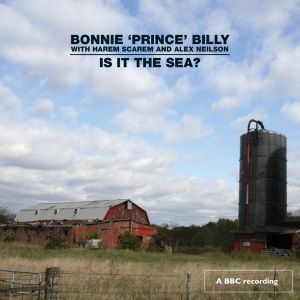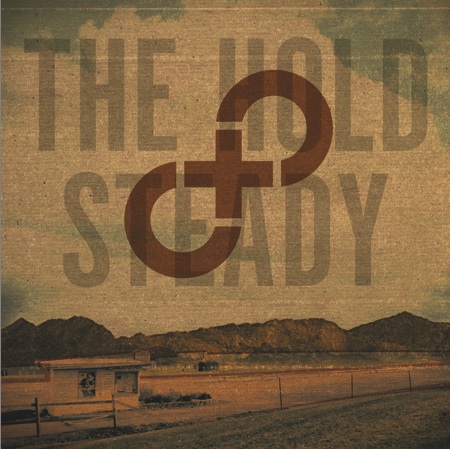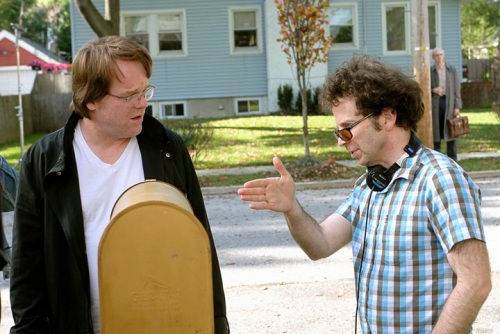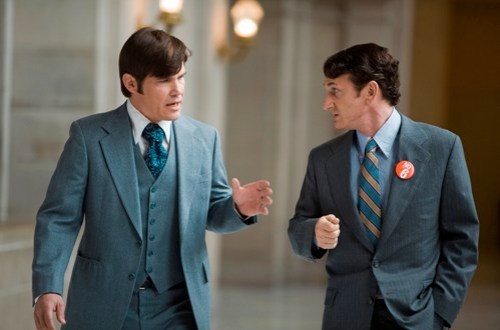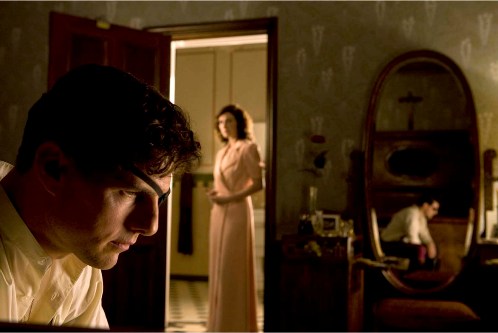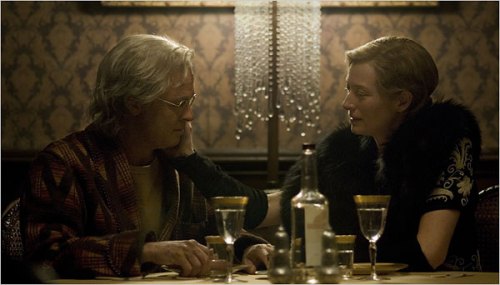
“I don’t really give a fuck about half of the shit that…Pitchfork talks about. I don’t care about the shit’s that’s on BYT(noted pornography website Brightest Young Things) and I don’t go party.”
This humble manifesto of sorts was uttered by one Sean Gray. For those familiar with the bespectacled, outspoken, suitably profane prince of College Park’s WMUC radio, Gray’s views regarding the current status of the DC music scene should come as little to no surprise. Whereas an average fan devoid of any particular ambition would relegate such feelings to Internet message boards and Zaireeka listening parties, Gray and his partner Christopher Berry decided to do something about it, to create their very own odd niche of the independent music world where one is just as likely to undergo the sonic assault of Drunkdriver as be pleased by the avant acoustics of Kurt Vile.
To Gray and Berry, the variety of the talent at their imprint, Fan Death Records is by design rather than a contradiction. Gray offered almost a guiding creed of their business: “Because the Internet is so vast, there is a lot of bands that kind of get shuffled over. They don’t really get attention paid to them. My thought was that if I group these bands together that wouldn’t normally be grouped. My hope and Chris’s hope in this is that somebody will walk away who was originally there to see…True Womahood, they end up seeing Screen Vinyl Image or…Pygymy Shrews, and they’re like ‘that was awesome I’m glad that I saw them’…All I care about is…when people leave that venue on the 24th and the 25th, they say “I’m really glad this happened.” Berry added, “We both have that attitude where…we will take a chance on a record.”
The two nearly finish each other’s sentences and one detects little to no disagreement amongst them. In fact, the story of their first meeting has a romantic tinge to it. Berry, already having ordered a record from Gray’s first venture, Hit-Dat Records, only encountered Gray in person upon joining the University of Maryland and hearing of “a cool kid with a walker” and a “Devo t-shirt.” Thus, began their fruitful partnership. They manage essentially all aspects of the business together from marketing to accounting to even packaging and shipping the Vinyl records themselves. Fan Death becomes them.
Their transformation from die hard “record collectors” to mini moguls might seem new fangled and endemic of an Internet age where tools such as Myspace and Blogs have rapidly drained control from the coffers of musical conglomerate into the hands of tech literate consumers. Yet, Berry and Gray argue that Fan Death is really nothing new at all. Berry was dismissive, saying, “Well people did it before us.” Gray simply placed Fan Death into the long lineage of independent labels: “It happened 20 years ago… in the 60s, it happened in the 70s. It’s going to continue happening. The Internet is just another tool…To me it hasn’t revolutionized really anything.”
Still, there is a vast difference between the approach of a bloated, rich major label and the lithe Fan Death. Though Fan Death wishes to release “as many records as possible,” Berry describes their more enlightened aspirations: “We aren’t just in it to make a shitload of money and chill…Everything that we put out we really care about.” Qualifying Berry’s statements, Gray states, “There’s nothing wrong with selling records. We just want to make enough money to be able to keep putting out records.I know and Chris knows that we’re going to have to have regular jobs. We’re not going to be the next Matador records.” The duo is literally invested in the success of their label as virtually each release carries with it the risk of not having “rent money.”
So what to make of two punks who are the first to both readily acknowledge that the entire idea of using their pocketbooks and passion to help guide your listening habits is “really fucking pretentious” and are still just as “aggressive” in producing and pushing their favorite LPs? The answer is simple and can be gleaned simply by attending both nights of DNA TEST FEST at the Velvet Lounge in Washington D.C. on April 24th and 25th. You might love it, hate it or want to fight Berry and Gray. All that matters is that you escape the Drunkdriver set with limbs intact and Smirinoff Ice unspilt.
-Vman







